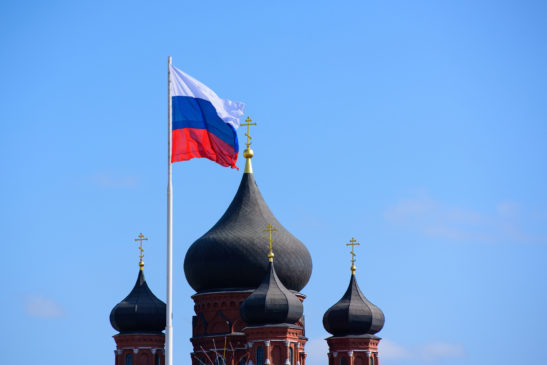Russia’s new blockchain-based voting system needs more work before it can be used in nationwide elections, according to the nation’s Central Election Commission.
While recent user tests were promising, the commission concluded improvements are still needed regarding how voters are identified, Russian newspaper Kommersant reported Tuesday.
The e-voting system is built on the enterprise version of the Waves blockchain and was developed under the auspices of the state-backed telecommunications giant Rostelecom, as CoinDesk has reported. The blockchain’s nodes will be hosted on the company’s servers.
Despite the issues, the solution will be used for remote voting during by-elections for seats in the national parliament on Sept. 13 in two Russian regions: Kurskaya oblast and Yaroslavskaya oblast. About 15,000 people have already registered to vote electronically, and some 3,500 participated in the test, Ella Pamfilova, head of the Central Election Commission, told Kommersant.
See also: Russia’s New Blockchain Elections Remain Centralized
The solution is built with some technologies that have not been battle-tested yet, a source in the election commission told Kommersant. For example, the system uses homomorphic encryption, so votes remain encrypted until the voting is over. Only the final result can be then decrypted, they said.
However, the encryption tech poses a challenge for checking the identity of voters, a problem that still needs to be resolved.
Encryption approval
Sergey Prilutsky, cybersecurity expert and co-founder of blockchain startup MixBytes, said homomorphic encryption is indeed better than the type used during electronic voting in Moscow this summer. Even so, it could still potentially allow the authorities to meddle with the results if they control the list of voters, he said.
Waves Enterprise Chief Product Officer Artem Kalikhov told CoinDesk the system allows observers to watch how many electronic ballots have been issued in real time, helping prevent possible manipulation.
However, this type of encryption algorithm cannot currently be certified in Russia, meaning it can’t pass the lengthy and complicated procedure necessary for government blockchain systems, Prilutsky said.
“It uses elliptic curves that are not considered secure by the FSB,” he said. The FSB is the Federal Security Service, a counter-intelligence agency in charge of certifying encryption tools in Russia.
Kalikhov said the solution has yet to be certified, though the company is working on it. Some other components of the system, like the electronic signature, have already been certified by the FSB, he said.
While the need to certify the homomorphic encryption aspect of the system could potentially hold up development, Kalikhov said it was unlikely to be an issue.
See also: Russia’s Crypto Mining Farms Would Have to Report to Government Under Proposed Bill
The Central Election Commission has already tested the blockchain voting system several times, according to Kalikhov said, but this was the first time real future voters were involved. Previous tests were run by Rostelecom and involved government staff, he added.
According to Rostelecom spokesperson Natalia Bakrenko, the system is being constantly enhanced, and the voting in two regions this autumn will be the first step toward a nationwide expansion.




